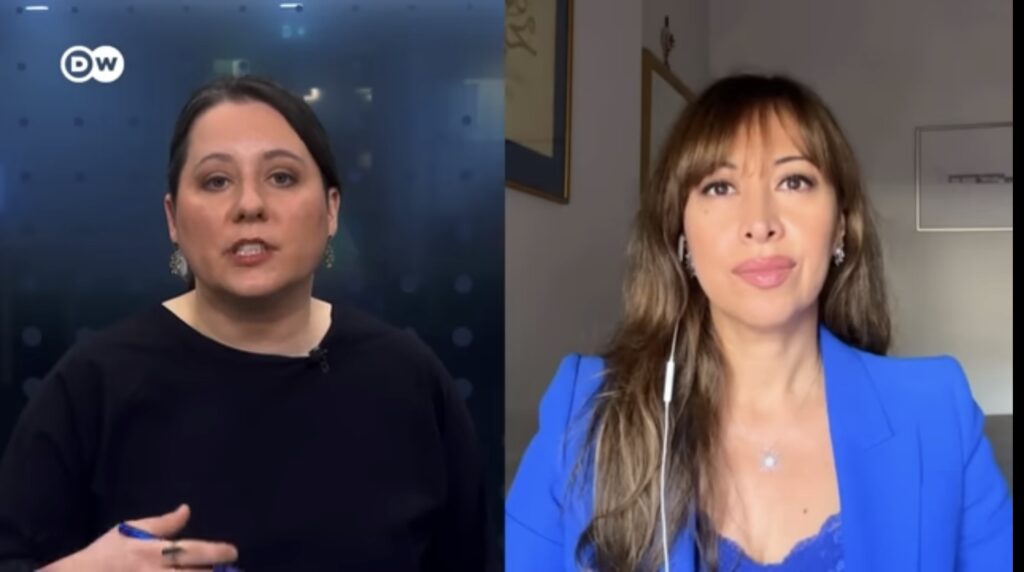In this interview given to Kassandra Sundt from DW News, Dr. Carole Nakhle, CEO of Crystol Energy, breaks down how oil markets could react in the light of the Iranian-Israeli standoff.

Key takeaways:
– An Israeli attack on Iranian oil infrastructure will mark a new level of escalation in the conflict which by itself will exacerbate the current fear dominating global energy markets, particularly oil.
– Such an attack could also spread fear in natural gas markets given that a significant portion of Liquified Natural Gas (LNG) exports pass through the Strait of Hormuz.
– However, the prevailing price levels do not suggest that markets are at a critical state. The situation remains less severe compared to the market impact observed during Russia’s invasion of Ukraine.
– Additionally, ample spare capacity from OPEC+ coupled with easing demand given the structural economic challenges particularly in China are putting downward pressure on prices and diminishing the geopolitical risk premium.
– While tensions in the Middle East continue to be seen as potential drivers of higher oil prices, the oil markets have evolved significantly since the 1970s. The world has made strides in diversifying both its energy mix and its sources of supply, reducing its vulnerability to regional conflicts.
– The Iranian economy is heavily reliant on oil export revenues, making any disruption to these exports particularly damaging. Given that Iran is already grappling with economic challenges due to sanctions, further damage to oil infrastructure would make a bad situation worse.
Related Analysis
“Oil markets: Relative stability amid geopolitical strife“, Dr Carole Nakhle, Feb 2024
Related Comments
“Reasons for the decline in oil prices“, Dr Carole Nakhle, Aug 2024
“Growth outside OPEC+ robust“, Dr Carole Nakhle, Jul 2024








